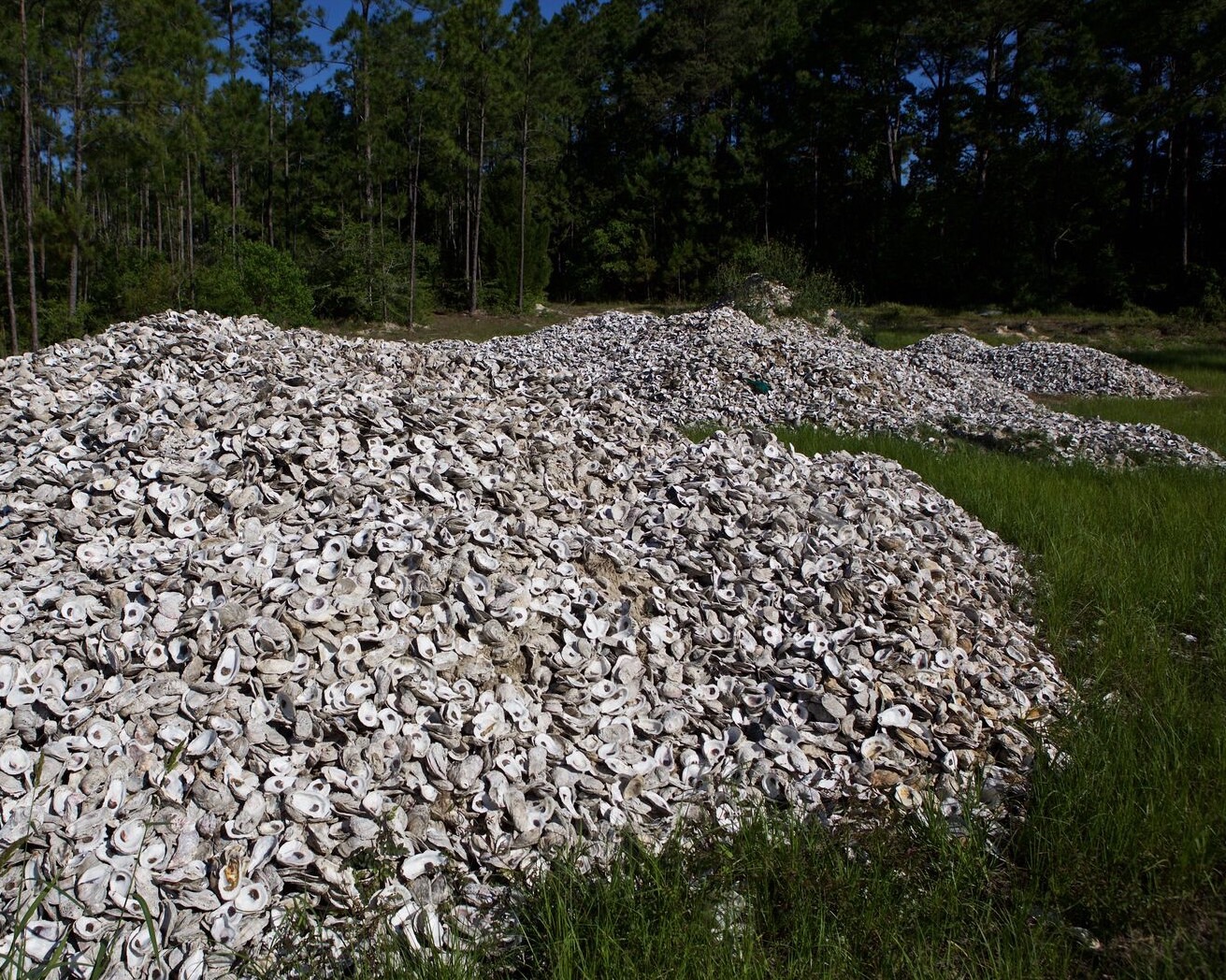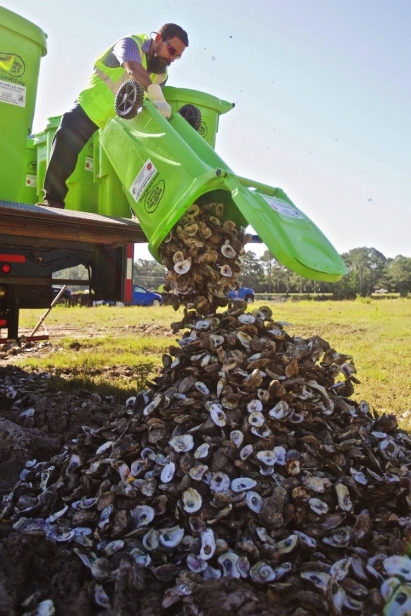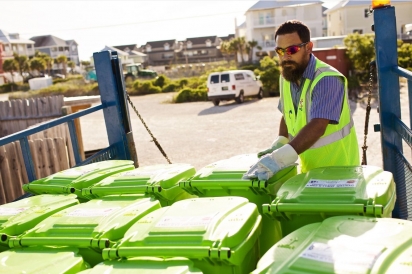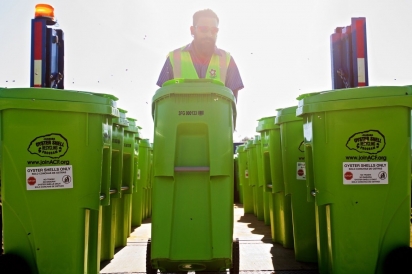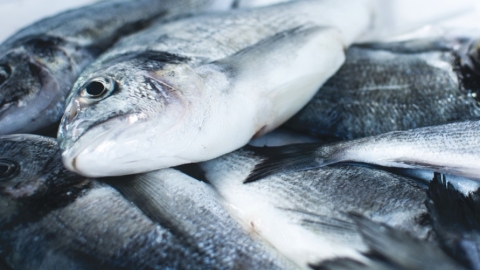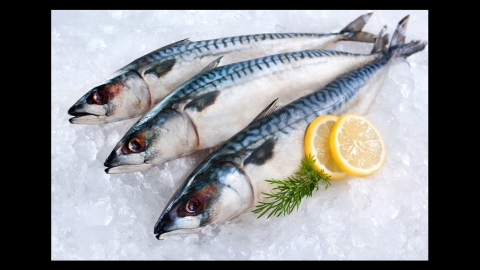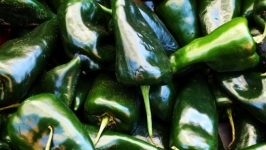Oyster Shell Recycling Program Helps Restore Gulf Shellfish Habitats
Oysters are a staple in coastal cuisine, and millions get consumed each year in Alabama—but it’s the shells that get left behind.
For decades local chefs and environmentalists have been discussing how to re-use those shells instead of just tossing them in the trash.
Then in 2015 Chris Sherrill, executive chef of Flora-Bama Yacht Club in Perdido Key, and members of the nonprofit Alabama Coastal Foundation (ACF) came up with a clever plan to recycle them: They would collect the shells from restaurants and then dump them into the Gulf of Mexico, where they can help prevent shoreline erosion and build new habitats for shellfish.
In 2016 the National Fish and Wildlife Foundation gave ACF a grant to make the Oyster Shell Recycling Program a reality.
“This is an idea we've had for a very long time,” ACF executive director Mark Berte says. “We're excited to finally see it come to life.”
To date, more than 5 million shells have been collected from coastal restaurants, which is equivalent to the weight of 106 elephants. Initially the ACF had the goal of collecting 10 acres of shells in two years. But thanks to participating restaurants such as Flora-Bama Yacht Club and Wentzell’s Oyster House, the ACF was able to collect 10.1 acres in just over nine months. And the program is just getting started.
To participate, restaurants contact ACF and pay a fee for collection services. ACF supplies 35-gallon bins to the restaurants, who then dispose of their oyster shells in the bins. A waste management company, Republic Services, picks up the filled bins three times a week and replaces them with clean, empty bins. Simple as that.
ACF ensures the disposal of the recycled oyster shells back into the Gulf of Mexico. On the seafloor, shells turn into new habitats for baby oysters, shrimp and crab.
According to ACF research, one oyster shell can create a habitat for 10 new oysters. Multiply that by the millions of oyster shells that are discarded in Alabama every year, and ACF could be creating a new circle of life.
In addition to creating new habitats for wildlife, dumping oyster shells in the Gulf helps limit erosion and protects the shorelines.
A single adult oyster can filter up to 15 gallons of water a day; the more oysters that are out there, the more fresh water they can create. This generates a healthy environment for the marine life, and in return, protects the seafood business, a $500 million-year industry.
While the program started in coastal Alabama, ACF has big plans to expand throughout the state. Restaurants in Montgomery, Auburn and Birmingham have already signed up, and restaurants as far away as Nashville have requested to play a part as well.
“Even though Nashville is out of state, Alabama is very fortunate to have a network of rivers for barges that could carry the oyster shells right into our Gulf,” Berte says.
ACF is focused on restaurants for the time being, but homeowners who are interested in recycling their shells can contact ACF to see if the organization can help coordinate that, for a fee. ACF is working on a new grant to set up designation bins for the public. In the meantime, you can make a financial donation to the cause.
Alabama Coastal Foundation: P.O. Box 1073, Mobile; 251-990-6002; joinacf.org


